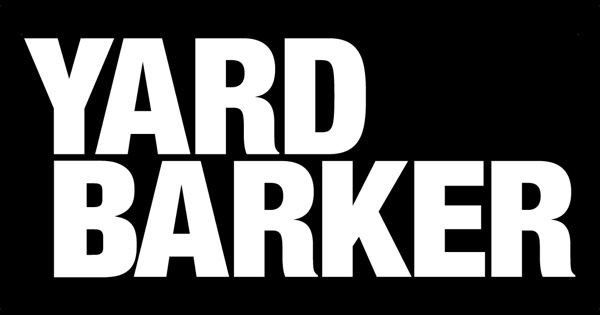Tim Cain established one of gaming’s most iconic franchises when he developed Fallout in the 1990s. However, Interplay internally classified the original project as a “B-tier” initiative, reflecting low expectations compared to the studio’s other priorities. As a result, Cain faced significant challenges recruiting colleagues to bring this underdog endeavor to life. So, how did the developer persuade skeptical coworkers to dedicate effort to a seemingly low-potential project?
Tim Cain’s Pizza Gambit Recruited Fallout’s Dev Team
To attract curious developers for early discussions, Cain initially leveraged free pizza. Crucially, sustained commitment didn’t emerge from incentives, but rather from shared passion for Fallout‘s post-apocalyptic vision and role-playing mechanics. Due to this organic enthusiasm, the developer was able to transform peripheral involvement into dedicated collaboration, enabling the team to propel the game to completion. As Cain reflected on this experience, he advises emerging developers to prioritize genres they genuinely love. Moreover, he emphasized that authentic conviction can overcome institutional skepticism and resource constraints.
After hours of “bribing,” Cain gathered interested colleagues to discuss Fallout by simply emailing an offer of free pizza in a conference room. Furthermore, the limitation of attracting help for Interplay’s low-priority “B-tier” project birthed this approach, unexpectedly functioning as a powerful filter. Specifically, only highly motivated and passionate individuals chose to attend, self-selecting into the team. Somehow, the developer was able to turn this initial limitation, requiring personal initiative for unpaid overtime just to learn about the project, into its core strength, but how did he pull it off?
Fallout Tools: Efficiency Forged in Limitation’s Fire
Screenshot captured by Eric Whitlow
Cain transformed this perceived weakness into the foundation for an awesome team dynamic, assembling a uniquely dedicated group who genuinely believed in Fallout‘s potential. Specifically, he found that embracing constraints proved beneficial throughout his career as it actively encouraged other developers to operate within their limitations by focusing on their core strengths and pursuing genres they deeply love.
Specifically, Cain’s drive to create efficiency tools in his games were directly fueled by these limitations, which was exemplified by his work speeding up development on both Arcanum: Of Steamworks and Magick Obscura and the original Fallout. Despite the team’s passion to create a fun game, external pressures persisted with notably pushback from Interplay, who wanted a real-time combat similar to Diablo. However, he successfully resisted this idea to preserve Fallout‘s turn-based system, a battle later revisited during the cancelled Van Buren iteration of Fallout 3.
Authority Without Accountability: Gaming’s Archive Crisis
Cain has repeatedly voiced concerns regarding the poor state of game preservation. When the developer personally attempted to archive historical materials related to his own projects, he revealed a stark example of the inherent difficulties in effectively preserving gaming heritage. Additionally, he stated that game companies were to blame for consistently losing old development assets while simultaneously preventing their employees from undertaking independent preservation efforts. Notably, corporations can risk actively obstructing their staff from safeguarding historical materials and then fail to maintain those archives themselves. Due to this tampering, what tangible recourse exists for preserving this vital aspect of cultural history?
Cain believes the answer lies with the companies, particularly their senior leadership, who have the authority to control access to these materials and deny others the right to preserve them. Consequently, he asserted that these entities also have the accompanying responsibility to meticulously maintain the archives they monopolize. Expressing clear frustration with this recurring pattern where organizations seize authority but evade the fundamental responsibility of preservation, Cain views this approach as a significant failure within the industry.
This article first appeared on Total Apex Gaming and was syndicated with permission.
